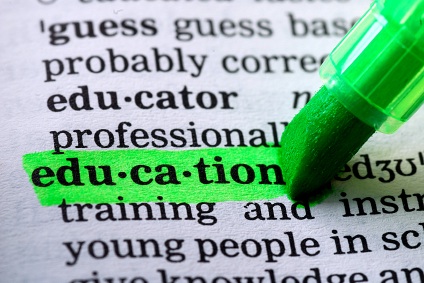The system schools apply on their students had always been criticized for killing creativity, building up pressure etc. Elon Musk, who also did not support this system, had decided to form an experimental education system 6 years ago. In 2020, he found Synthesis School to test the system. Even though Synthesis was not officially a school, feedbacks were highly positive.
The main advantage of using this system is team collaboration. Activities are always done in groups and every single team member must have their voice heard. Activities do not require any background knowledge, so everybody can develop an idea and participate. In the traditional system, however, students are not encouraged to work as a group. Additionally, competitive aspects of exams put students apart from each other.
Another great feature of this system is bonding students with each other. Because of abundant amount of homework and being under pressure caused by exams and quizzes, students find little to no time to socialize and making friends. With the Elon’s system, students are put into different groups every week, therefore making it easier to develop social skills. Since these groups are not formed depending on a past result (such as exams), students do not feel anxiety during the activity.
How this system handles mistakes made by students is another important aspect. Usually students have to learn how to achieve the correct answer without making any mistakes. In addition, students avoid asking questions since they fear of the educator’s reaction. In reality, perfectionism this is not the case. People, mostly the successful ones, always make mistakes, and what is important is to learn from them. To overcome this problem, Elon’s system does not punish students if they made a mistake, in contrast reward them since making mistakes actually shows putting effort towards the problem. This aspect is also included on Synthesis’ website, “At Synthesis, the kids who win make more mistakes faster than everyone else. It’s the only way to learn!”. Consequently, the winning teams were mostly those who made the most amount of mistakes during the activity.
Traditional system always depended on past material and questions. Students learn to solve questions that follow a pattern, therefore the questions that will appear on the exam are predictable. For instance, someone who doesn’t know the subject of a typical highschool exam can easily pass it by memorizing answers of the previously asked questions. This does not only kill creativity, but also harm students’ problem solving skills. In Synthesis, however, every activity is unique and the path to the answer is never given, forcing students to develop their own solutions and techniques. This aspect prepares students to real life problems much more efficiently and realistically.
Synthesis is the only school using Elon’s system so far, but it should be spread and adapted to other schools. Traditional system does not prepare students to the actual life, is obsolete and should be replaced.

